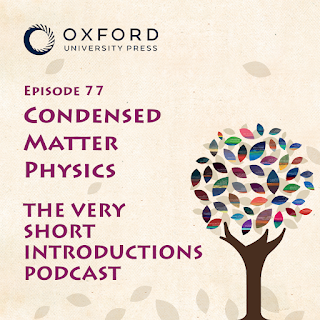Until this week, I did not know that Bohr ever thought about emergence.
Ernst Mayr was one of the leading evolutionary biologists in the twentieth century and was influential in the development of the modern philosophy of biology. He particularly emphasised the importance of emergence and the limitations of reductionism. In the preface to his 1997 book, This is Biology: the Science of the Living World, Mayr recounts the development of his thinking about emergence.
At first I thought that this phenomenon of emergence, as it is now called, was restricted to the living world, and indeed, in a lecture I gave in the early 1950s in Copenhagen, I made the claim that emergence was the one of the diagnostic features of the of the organic world. The whole concept of emergence at the time was considered to be rather metaphysical. When Niels Bohr who was who was in the audience, stood up during the discussion, I was fully prepared for an annihilating refutation. However, much to my surprise, he did not at all object to the concept of emergence, but only to my notion that it provided a demarcation between the physical and the biological sciences. Citing the case of water whose "aquosity" could not be predicted from the characteristics of its two components, hydrogen and oxygen, Bohr stated that emergence is rampant in the inaminate world. (page xii).
Later in the book Mayr pillars Bohr for his support of vitalism, including claims that vitalism has a "quantum" foundation.




